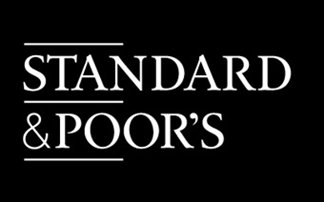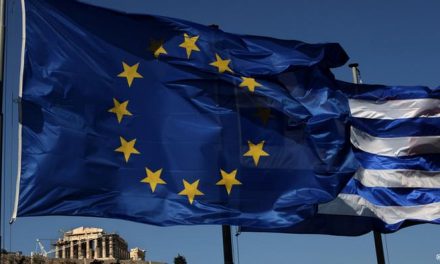By Sharon Smyth and Eleni Chrepa, Bloomberg
The Greek fund charged with selling state assets will attempt to raise 400 million euros ($508 million) by securitizing real estate in a move designed to attract investment to the debt-stricken country.
The Hellenic Republic Asset Development Fund will sell shares in a company with about 300 properties ranging from retail, office and tourism-related real estate including land for development, Andreas Taprantzis, the fund’s executive director, said in an Oct. 8 interview in his Athens office. The company will then sell debt backed by the properties.
“This transaction is important for investment in Greece and for society, not just because of the immediate returns it will generate, but this will bring multiple sums of money into the real economy of Greece,” Taprantzis said.
The privatization fund is tapping into renewed investor demand for Greek assets as the country emerges from a six-year economic crisis, which enabled it to return to bond markets in April after a four-year exile. The fund has completed 1.9 billion euros of real estate transactions over the last year.
Vacant buildings account for about a third of the real estate that’s being sold by the fund, while another third of the properties are occupied and generating rental income, Taprantzis said. The rest is made up of development land, he said. The fund aims to complete the deal by the first quarter of 2015.
Appealing Structure
“The idea is to create a transaction structure that will invite a variety of institutional investors to invest in Greece, from private equity funds to hedge fund investors,” Taprantzis said. “It also offers investors a safe way to invest in property developments.”
The fund has held two road shows in London and is seeing strong interest from investors, Taprantzis said. If the project is successful, the fund will seek to replicate the deal and has an additional 1,000 properties that could be securitized, he said.
There is “window of opportunity” to invest in Greece as markets such as London become overpriced, according to Paul Gomopoulos, a managing director at Hines who recently moved to Athens from London to explore investment opportunities.
“The country is on the radar of investors and that was not the case five or six years ago,” he said at a conference in Athens this week.
U.S. Investors
Money managers including Paulson & Co., Fairfax Financial Holdings Ltd. and Fidelity pumped 8.3 billion euros into Greece’s four biggest banks in the first half, while investors such as David Einhorn and Wilbur Ross have taken stakes in Greek lenders. In July, seven funds managed by GSO Capital Partners, a unit of the Blackstone Group LLC, acquired 4.4 million shares, or 10 percent of the voting rights, in Lamda Development SA, Greece’s largest publicly traded developer.
The Athens Stock Exchange General Index has jumped 112 percent since reaching a 22-year low in June 2012 and the economy is set to grow in 2014 for the first time in seven years.
Greek bonds have delivered the highest returns this year out of 34 sovereign securities tracked by Bloomberg, gaining 21.5 percent, as the country narrowed its once ballooning budget deficit and returned from a four yearlong market exit.



















